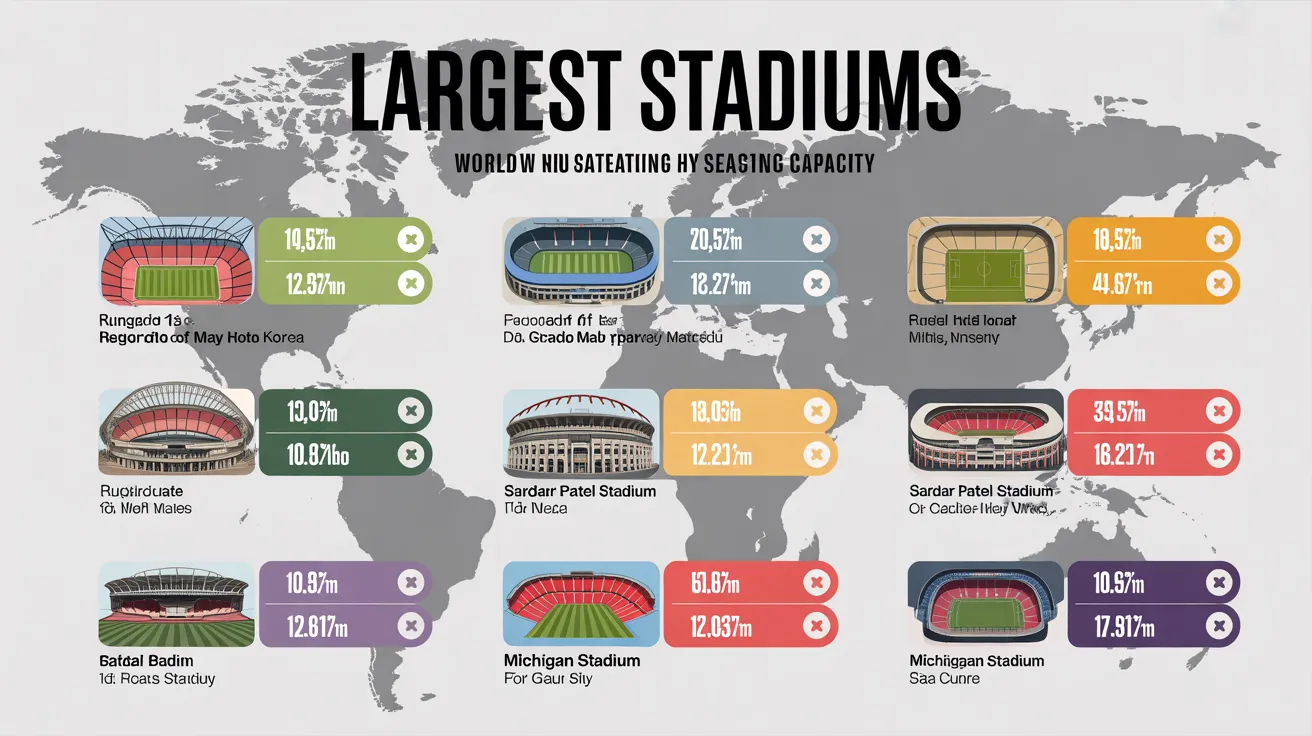
AI in the legal industry is reshaping how law firms operate. Discover opportunities, challenges, real-world uses, and the future of AI-powered legal services.
Introduction
AI in the legal industry is reshaping legal services in ways unimaginable a decade ago. What was once manual, repetitive work—such as legal research, contract review, or discovery—is now being accelerated through machine learning, natural language processing, and other AI technologies. Legal firms globally are integrating AI not just to cut costs, but to enhance accuracy, decision-making, and client satisfaction. According to Statistahttps://www.statista.com/study/165201/ai-usage-in-the-legal-services-industry-worldwide/, the global legal tech market is projected to reach $50 billion by 2027, powered largely by AI integration.
In this blog, we explore how AI in the legal industry is transforming operations, the opportunities it presents, the ethical and practical challenges it poses, and the trajectory of AI-driven legal services in the coming decade.
What Is AI in the Legal Industry?
Artificial Intelligence (AI) refers to intelligent machines capable of performing tasks that typically require human intelligence—such as reading, interpreting, learning, or reasoning. In the legal sector, AI technologies are revolutionizing services by:
- Automating repetitive legal tasks (e.g., document review)
- Accelerating legal research through natural language processing (NLP)
- Predicting litigation outcomes using data-driven algorithms
- Assisting clients via AI-powered legal chatbots
- Streamlining compliance and e-discovery
Popular AI tools for law firms include:
- Lexis+ AI – advanced legal search with NLP
- ROSS Intelligence – discontinued but a pioneering legal AI researcher
- Kira Systems – contract review and risk identification
- DoNotPay – the world’s first robot lawyer chatbot
Internal Link: Explore Top AI Tools for Lawyers in 2025https://www.youtube.com/watch?v=AAQCtkZjG8A
Outbound Link: American Bar Association – AI Guidelineshttps://www.americanbar.org/news/abanews/aba-news-archives/2024/07/aba-issues-first-ethics-guidance-ai-tools/
Key Areas Where AI Is Transforming Law
1. Legal Research and Case Analysis
AI tools now search statutes, case laws, and legal precedents in seconds. Lexis+ AI and Westlaw Precision use NLP to reduce hours of manual work into minutes while delivering highly relevant results.
Key Benefits:
- Fast, accurate research
- Contextual analysis of legal issues
- Reduced human error
Data Point: Law firms using AI for research reported a 41% reduction in turnaround time, according to a 2024 Deloitte LegalTech survey.
2. Contract Drafting and Risk Analysis
AI-powered tools such as Kira Systems, LawGeex, and Luminance assist lawyers by:
- Analyzing clauses for risk
- Highlighting non-standard language
- Suggesting edits based on predefined rules
These tools are especially useful in M&A transactions and large-scale contract audits.
3. Predictive Analytics and Litigation Forecasting
AI platforms like Premonition and Lex Machina use historical court data to predict litigation outcomes with surprising accuracy.
Insight: Stanford Law School found that AI tools in 2024 correctly predicted civil litigation outcomes 75% of the time.
4. Client Communication and Chatbots
Firms now use AI bots to assist clients with:
- Legal queries
- Document generation (e.g., wills, NDAs)
- Appointment scheduling
DoNotPay, an AI chatbot, claims to have resolved over 300,000 legal issues ranging from traffic tickets to subscription cancellations.
5. E-Discovery and Data Review
AI is a game-changer in e-discovery. Tools like Relativity Trace and DISCO automate:
- Document classification
- Privilege detection
- Keyword-based filtering
This reduces costs in litigation and speeds up evidence gathering.
Opportunities for Law Firms and Professionals
Efficiency Gains: Less time on low-value tasks
Reduced Costs: Lower staffing needs for basic legal processes
Scalable Legal Services: AI supports mass contract reviews and discovery
New Career Roles: Legal data analysts, AI model trainers, legal technologists
Improved Client Experience: 24/7 automated support
Stat: PwC’s 2025 LegalTech report notes firms using AI tools experience 32% more client retention compared to traditional practices.
Challenges and Ethical Considerations
While AI offers immense benefits, it also presents several concerns:
a. Bias and Algorithmic Fairness
AI systems may replicate societal and legal biases from the data they’re trained on, leading to unfair decisions or exclusions.
b. Data Privacy and Security
Legal data often involves sensitive personal and financial details. Misuse, leaks, or improper data training can lead to violations of GDPR, HIPAA, or India’s IT Act.
c. Accountability and Regulation
Who is responsible when an AI tool provides inaccurate legal advice? Lack of clear regulation in many jurisdictions leaves a legal grey area.
d. Job Displacement
Routine legal jobs such as paralegals and clerks may shrink. However, new roles are emerging to manage and supervise AI systems.
Outbound Link: Harvard Law Review – Legal AI Ethicshttps://harvardlawreview.org/print/vol-138/artificial-intelligence-and-the-creative-double-bind/
Real-World Case Studies
| Organization | AI Use Case | Result |
|---|---|---|
| Baker McKenzie | Contract review automation | Reduced review time by 60% |
| UK Ministry of Justice | AI-powered scheduling | Improved court efficiency by 45% |
| DoNotPay | AI chatbot legal assistant | 300,000+ cases resolved in 1 year |
The Future of AI in the Legal Industry
The future of AI in the legal industry will bring:
- Explainable AI for judicial transparency
- AI + Blockchain for tamper-proof smart contracts
- AI-assisted dispute resolution for faster settlements
- AI-powered global compliance tools for cross-border operations
Forecast: Gartner predicts that by 2030, over 50% of legal workflows will be AI-enhanced or fully automated.
How Lawyers Can Stay Ahead
- Learn to work with AI, not against it
- Upskill in LegalTech, AI ethics, cybersecurity, and data protection
- Partner with technologists for AI implementation
- Stay updated with regulatory developments and AI governance laws
Internal Link: How Lawyers Can Thrive in the Age of AIhttps://www.mlaglobal.com/en/insights/articles/how-lawyers-can-stand-out-and-add-value-in-the-age-of-ai
Conclusion
AI in the legal industry is no longer an experiment—it’s a powerful tool reshaping legal work at every level. While AI can’t replace the judgment, empathy, and advocacy of human lawyers, it can certainly augment their capabilities and free up valuable time. For law firms that embrace this transformation, the future looks promising—and AI-enabled.





